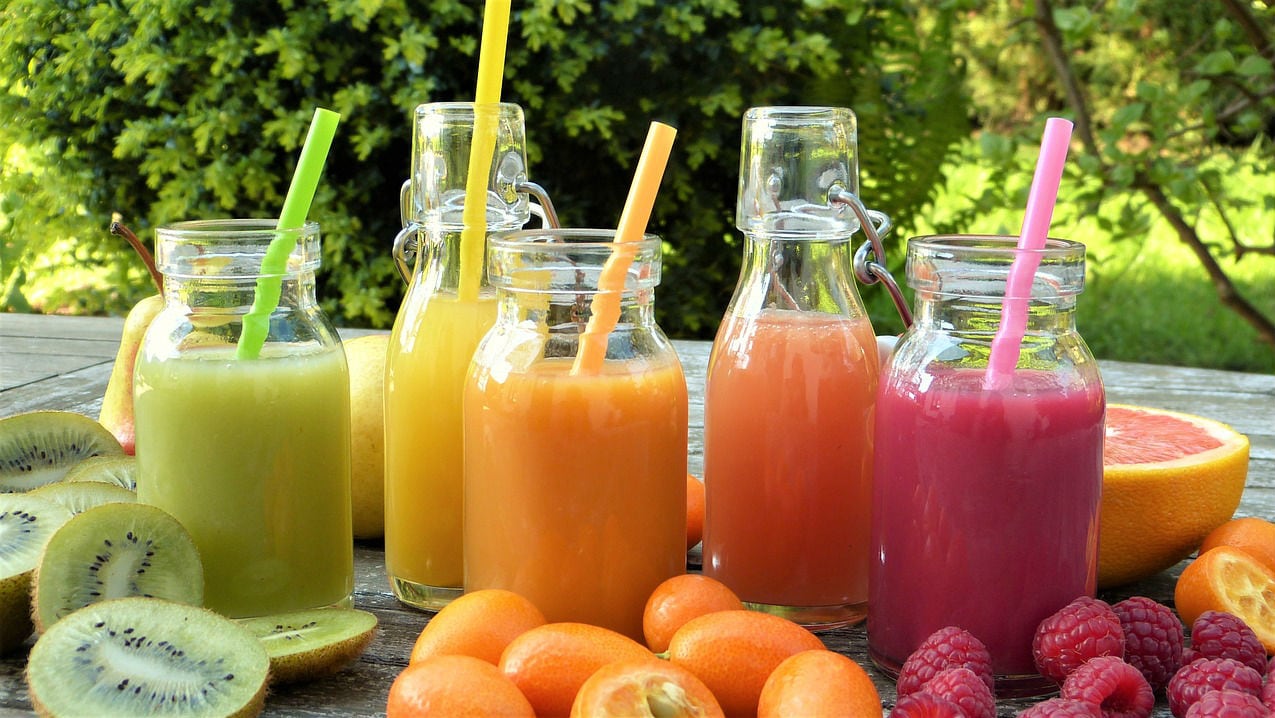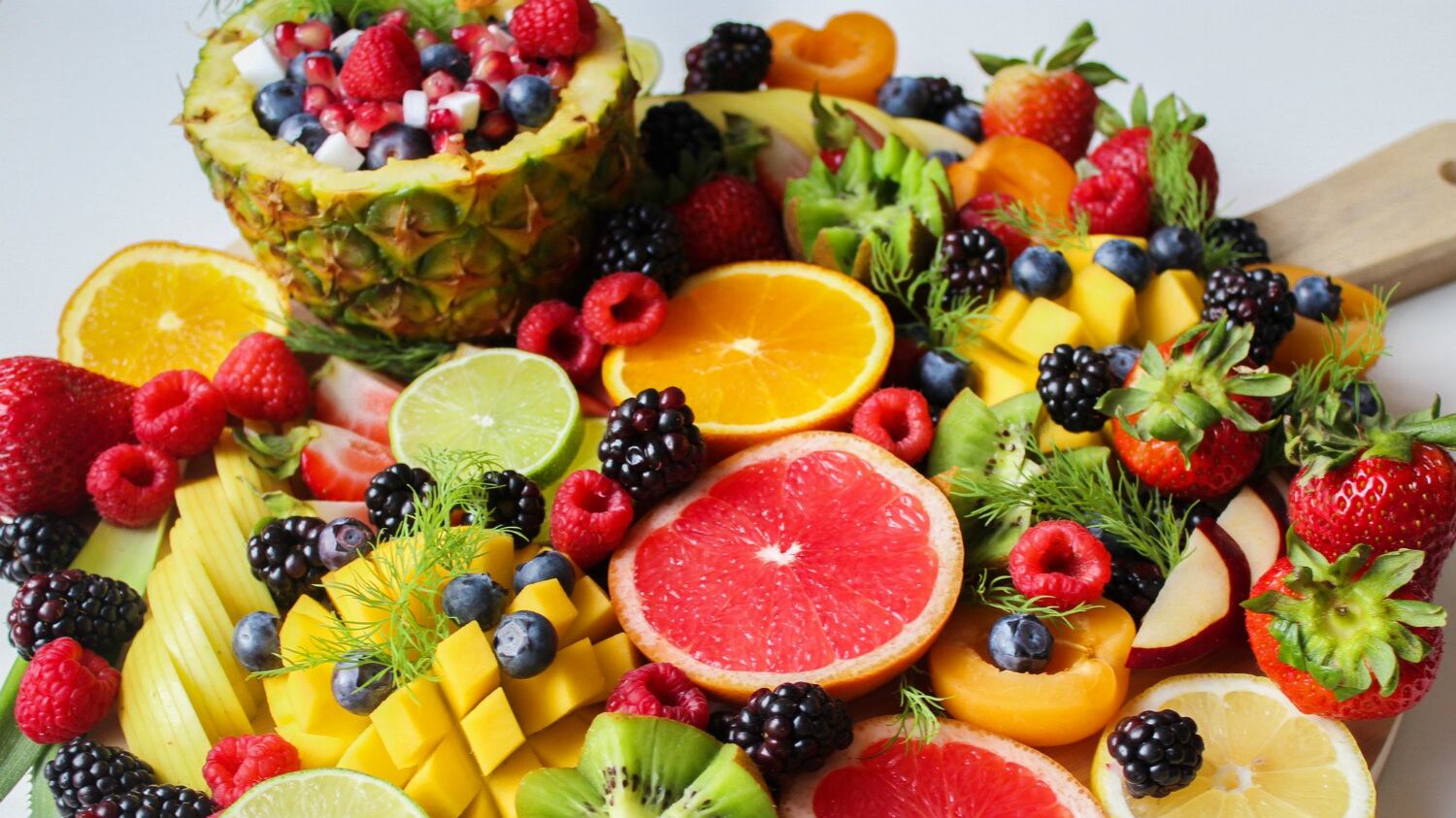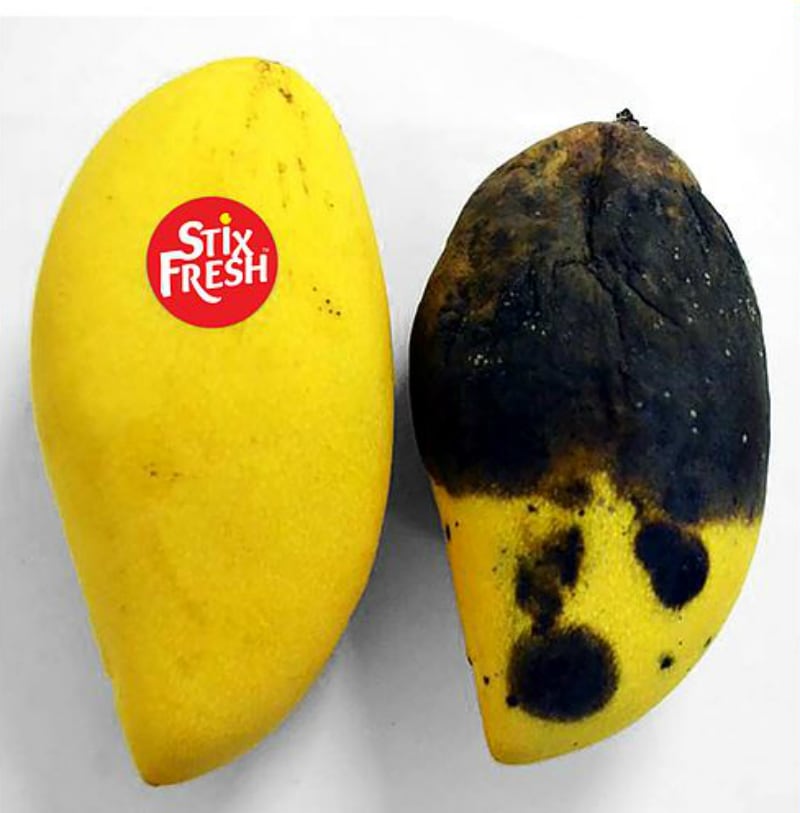According to The Bangkok Post, this move is in a bid to increase the income of local farmers, and likely to be implemented by October 1.
In Thailand, juices are subject to two types of tax: An excise tax charged based on suggested retail price (SRP), as well as a sugar-sweetened beverage tax.
Currently, fruit and vegetable juices containing 10% or more of fruit and vegetable extracts are not liable to the SRP-based excise tax, and the proposed minimum content increase targets this as well.
That said, Thai Excise Department Director-General Patchara Anuntasilpa, added that this excise tax value on fruit and vegetable juices may also be reviewed. If this does take place, it will be announced by March this year.
As for the sugar tax on sweetened beverages, juices in Thailand are subject to this regardless of their fresh fruit/vegetable content.
Thailand is phasing in its sugar tax over six years (since 2017), split into two phases. After the fourth year (2021), drinks that still contain sugar beyond the World Health Organisation’s standard of 6g per 100ml will be doubled, and these will be increased further in the sixth year (2023).
These levies will vary according to sugar content – the more sugar it contains, the higher the tax.
As such, according to current guidelines (of minimum 10% fruit and vegetable content), juices with 10% or more fruit/vegetable content will be taxed only for its sugar content, but juices with less than 10% fruit/vegetable content will be subject to both a sugar tax and a SRP-based excise tax.
Protests against sugar tax
The proposed minimum fruit and vegetable content change above has met with approval by the fruit juice industry.
A representative from fruit juice manufacturer Doi Kham told local media that: “It's good if the state amends the sugary drink tax. […] Since implementing the tax, consumers have been confused, thinking sugar in fruit is harmful to health, causing them to consume less fruit juice, even though juices have natural sugar."
That said, the sugar tax has been much less popular, with Doi Kham and the Thai Beverage Industry Association voicing protests against it, claiming it has ‘hurt the fruit juice industry’.
Doi Kham Food Products President and CEO Pipatpong Israsena told the ASEAN Economic Community Strategy Centre that: “Since September, sales of Doi Kham have dropped by 40% and we expect sales of only 2 billion baht this year, down from our projection of 2.1-2.2 billion.”
Both organisations met with the Thai Excise Department last year, and expressed intent to focus discussions on getting the tax to apply to ‘fruit juice, not on natural sugars inherent in fruit’, but so far no resolution looks to have been reached.
“The association and Doi Kham have tried to talk with the department many times about this issue and we will never give up,” said Pipatpong.
“It is widely known there is high natural sugar content in tropical fruits and we cannot make lychee and longan juices without sugar.”





